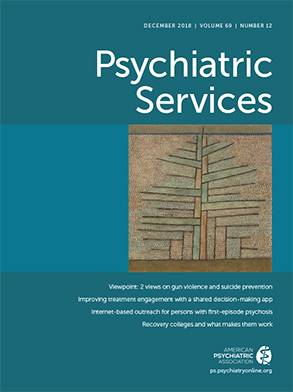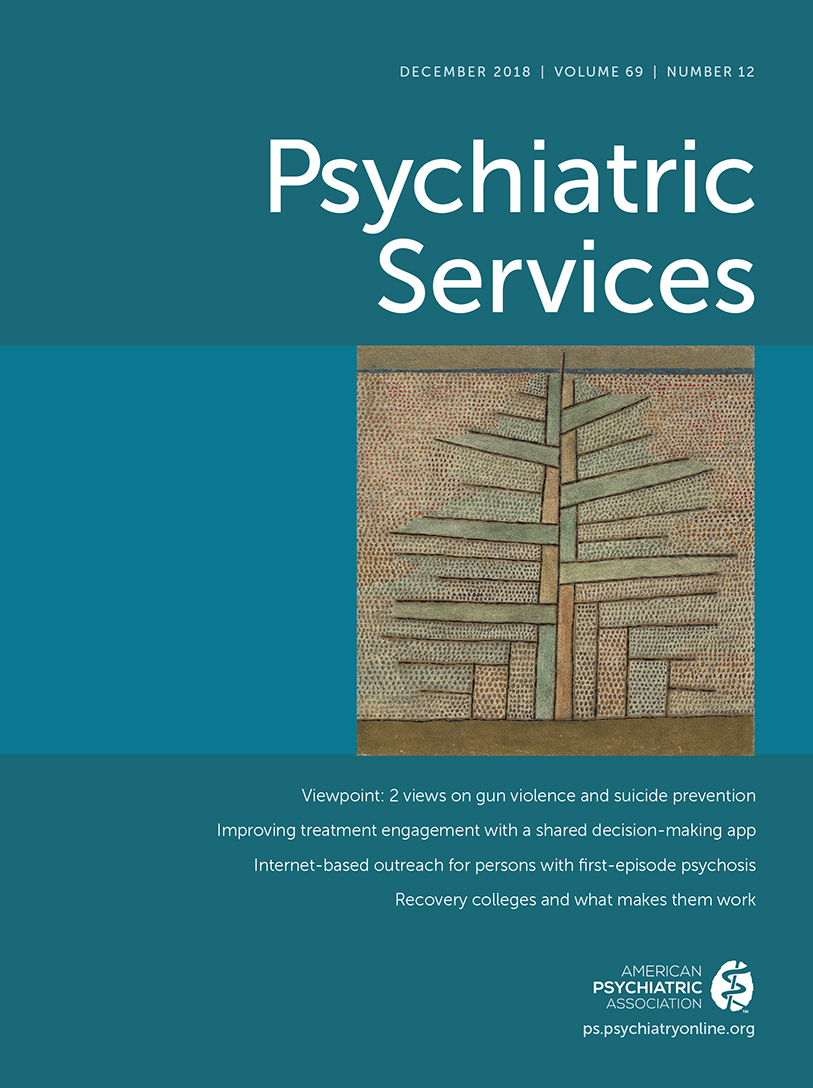In February 2015, Health Law Advocates (HLA), a public interest law firm, launched the Juvenile Mental Health Advocacy Project (J-MHAP) to address the mental health needs of court-involved youths. This pilot project, built on HLA’s experience as mental health guardians ad litem working in the best interest of children in the Massachusetts juvenile court system, engaged a multisector stakeholder group for program design. The project was funded primarily by a local foundation with designated funds for an independent evaluation focused on program implementation and on youth and family outcomes. Informed consent and youth assent were obtained for all participants.
This project placed an experienced attorney hired as a mental health advocate (MHA) in two juvenile courts. Each MHA handled a caseload of 25 youths. Juvenile court judges appointed the MHA to a case if a youth required intensive care coordination and advocacy to address unmet mental health needs based, in part, on recommendations from probation officers, attorneys, and court clinics. The judges defined the MHA’s scope of work, prioritizing two or three tasks to complete in six months, with extensions considered on request. MHAs collaborated with families to establish specific goals that guided activities and monitored the progress of the case.
Youths (N=152) received MHA services from February 2015 to March 2017. They were primarily white, male, and English speaking, with an average age of 15 years. Most had been brought before the court by their family or school for noncriminal offenses such as chronic truancy or difficult behavior at home or in school. Additional information was collected on a subset of youths (N=54) who consented to evaluation interviews. At baseline, most of these youths had used mental health crisis or emergency services (N=38, 70%) or inpatient psychiatric or substance use services (N=34, 63%) in the past year.
MHAs engaged with multiple sectors, including schools, community mental health services, and state agencies. Their work included advocating at special education team meetings for eligibility or improved services, collaborating with child protective services to ensure that placement decisions were informed by treatment providers, referring youths to community-based programs, obtaining access to state services, advocating against use of juvenile detention while seeking appropriate interventions, and ensuring that health insurance carriers provided coverage for care such as extended hospital stays when needed. MHAs documented their progress in reports and recommendations to the court.
The MHAs detailed how they spent their time. Median time allocated per case was 18 hours (range 2–108 hours). The MHAs spent 25% of their time talking directly with families; a combined 36% of their time communicating with schools, child protective services, and community-based agencies that provide mental health services to children enrolled in the state’s Medicaid system; and 30% working within the court system, communicating with attorneys, probation officers, and court officials and appearing before judges. At the conclusion of the pilot in 2017, MHAs had successfully completed over 80% of their stated goals. Youths and their families shared that the MHAs’ most important successes were accessing needed services families had been unable to achieve on their own, including residential placements, appropriate school supports, and psychotherapeutic services. MHA involvement was also described as alleviating the stress of navigating multiple service systems.
MHA work is exemplified by an MHA’s work with a youth who had multiple open court cases, extensive absences from school, and five known psychiatric diagnoses. The MHA secured inpatient services with discharge into a partial-hospitalization program, then advocated for dismissal of delinquency charges, acquired state mental health services, and set up school services. At follow-up, the youth still struggled somewhat with school attendance but had no court involvement or additional hospitalizations.
J-MHAP successfully engaged and supported high-risk youths and their families. Recognizing that youths would benefit from receiving needed services before their situations escalated to court involvement, HLA has moved the program out of the legal system and into the state’s community-based family resource centers. Now called the Mental Health Advocacy Program for Kids, the program aims to expand its reach by focusing on youths prior to court involvement while maintaining the same level of intensive support. This new model will assess whether earlier legal advocacy can improve access to appropriate mental health services and avoid court involvement.

